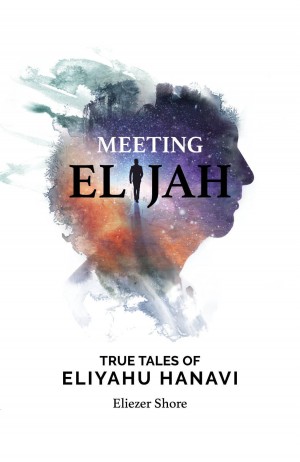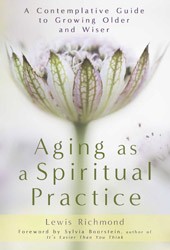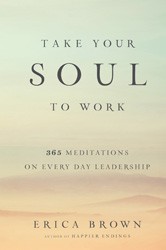Studies in Judaism and Pluralism, edited by Leonard Levin, is an anthology of essays compiled in celebration of the sixtieth anniversary of the Academy of Jewish Religion (AJR), a training institution for pluralistic clergy and Jewish leadership. The anthology includes twenty essays written by clergy, educators, and thought leaders from across the Jewish community. The essays are divided into seven units and focus on pluralism in an educational, denominational, halachic (legal), and communal context.
In the introduction, Levin, who teaches Jewish Philosophy at AJR, begins with a definition of pluralism. He suggests that “pluralism differs from relativism by striving for a golden mean between a dogmatic claim to objectivity and descent into pure subjectivity…. Pluralism is the ongoing give-and-take that seeks to achieve this dynamic partial consensus, while recognizing and respecting the differences that persist between us.” The essays that follow may offer a nuanced distinction from Levin’s definition, but all share a deep appreciation of pluralism as an essential value of Jewish life. Many authors also share their personal or professional struggles or their communal challenges in creating a pluralistic Jewish space.
Joel Alter, in his essay “Documenting Core Values: A Pluralism Audit in a Jewish Day School,” shares his experience implementing a pluralism audit, a core value of the Jewish Community Day School of Watertown, Massachusetts. He suggests that “the compromises required to establish and sustain a pluralistic community in a school highlight the inherent tensions between community and individual autonomy, value-based positions and ‘mere’ preferences, competing cultural priorities, and sources of authority.” The process led Alter to a deeper understanding of the challenges inherent to educating around a core school value and living the mission of a school.
With a very different feel, Shira Pasternack Be’eri’s essay, “Texting Across the Arab-Jewish Divide,” explores her own prejudices as a Jewish Israeli hailing a taxi in Jerusalem. Following a period of heightened tension around the High Holy Days, the author ultimately refuses a ride with an Arab Israeli driver. Feeling unsettled by her self-described “race-based fear,” Be’eri reached out to the driver a few weeks later to apologize. The driver accepted the apology and offered a personal prayer for peace. The exchange renewed the author’s hope in finding voices of “humanity and compassion to be heard above the clatter of hatred and conflict.”
The essays in Studies in Judaism and Pluralism are both touching and thought-provoking. While a handful will require a background in Jewish practice or thought to appreciate, the majority of the essays are accessible and will offer the casual reader a deeper appreciation for the challenges and opportunities that embracing pluralism hold for the future of Jewish life.





